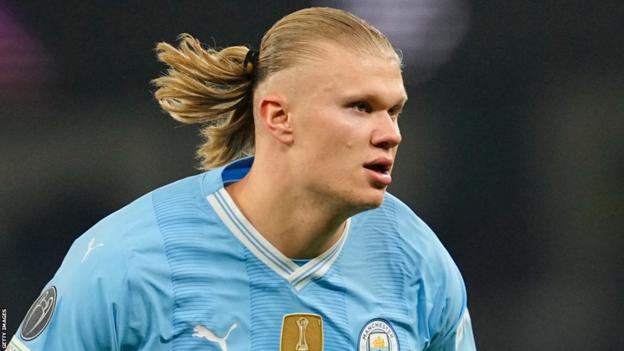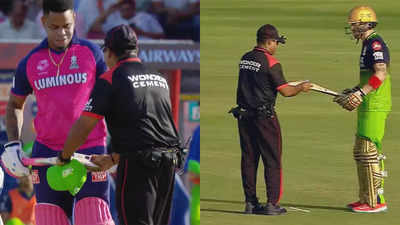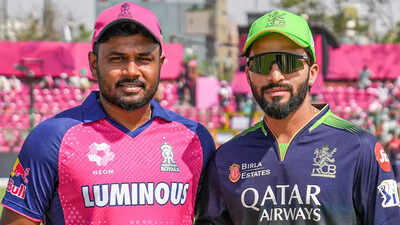If you used AI to predict which teams would reach the latter stages of the 2023-24 Champions League, it would likely have picked those in this season’s quarter-finals.
The last eight consists of seven from the top nine sides based on Uefa coefficients, with Premier League leaders Arsenal the only outliers.
From the group stage, 12 of the top 15 sides based on coefficients reached the knockout stages – only Manchester United, Sevilla and Benfica were the exceptions, with Real Sociedad the only Pot 4 team to progress.
The gap between the mega-rich and merely rich has grown in the Champions League over the past five years, leaving a situation where shocks are hard to come by.
“Look back to 2019 when Ajax knocked out Real Madrid, Spurs beat Dortmund and Roma were knocked out by Porto,” Spanish football expert Guillem Balague told the BBC’s Euro Leagues programme. “Three big shocks there.
“But last year and this year it is just the big teams going through, so perhaps it is a sign the gap between rich and not so rich is getting bigger and you will get less and less shocks. Perhaps Porto beating Arsenal would not be a massive surprise but it would buck the trend at least.”
Balague was speaking before Arsenal overcame their first-leg deficit to beat Porto on penaltiesbut even in the case of Porto progressing, the Portuguese side were ranked lower than their Premier League opponents in the Uefa coefficients, making any shock value debatable.
Of course, money talks – from the world’s top-20 richest clubs, according to the Deloitte Football Money League 202413 of them played in this season’s Champions League and 10 reached the last 16. Manchester United (fifth richest) missed out, as did AC Milan (13th) and Newcastle United (17th).
The increased wealth of the teams at the very top of European football has allowed them to cherry-pick the best from the rest. Players like Kylian Mbappe, Erling Haaland, Jude Bellingham and Frenkie de Jong, who announced themselves on the European stages by steering Monaco, Borussia Dortmund and Ajax deep into the Champions League, were quickly snapped up.
‘There is no feeling a smaller team can go far’
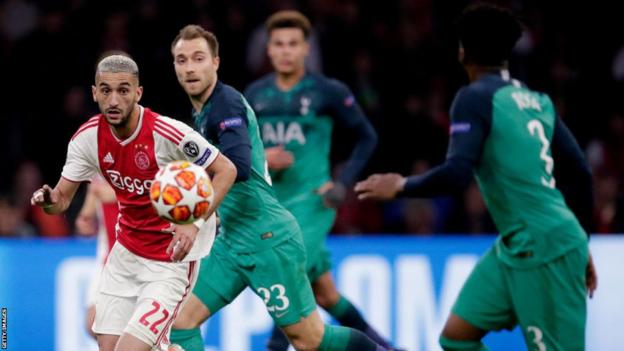
“It does feel like the top talents are getting to fewer clubs,” said Balague. “Mainly in England, plus PSG, Real Madrid and Bayern Munich.
“There are many teams now who when they start a project have to restart it because they lose their players.”
The coefficient and format, combined with the increased wealth of the largest clubs, has meant the Champions League is now too predictable, according to Italian football expert Mina Rzouki.
The group stage, present in the Champions League since its inception in 1992, has long been criticised for giving the biggest teams second and third chances to recover from slip-ups and evade upsets, while artificially lengthening the competition and leading to dead rubbers.
“One of the reasons it is not fun is because we are not seeing games like PSG v Manchester City at the moment – we aren’t seeing the big games yet,” Rzouki told Euro Leagues. “It is either the big games or the fairytale story, which was Ajax, Atalanta, Inter before.
“I don’t know what we are doing with football because all the wealth is concentrated with four or five clubs and so even when they are going through a miserable time – like Bayern – they are still so much better than the majority.
“So either we are going to create a competition that is just big games to keep us interested or we can find a way to redistribute the wealth in a better way that makes it more fun so that a Valencia could meet a PSG and win, or we could have Lazio v Manchester City and Lazio manage to pull off something exciting.
“But until we manage to pull off a competition that combines Champions League and Super League in some way, it feels like it isn’t being governed.
“There is no feeling right now a smaller team can go far. We can all predict what will happen eventually and that makes it difficult.”
‘More money into the coffers of the big clubs’
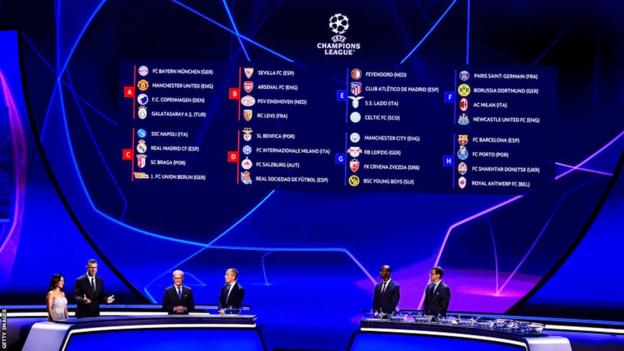
Uefa has now stepped in, with a format change for next season which it hopes will make things less predictable and combat the problem of an increasing number of games with low or no sporting stakes, with sides repeatedly drawing the same opposition.
The 2024-25 Champions League will feature 36 teams in a single league, a new format which Uefa says creates a more competitive first phase, more big clashes, as well as greater diversity of teams to energise the appeal of the competition.
The 36 competitors will play eight matches against eight different opponents, four at home and four away. They will be in four pots, based on Uefa club coefficients, and every club plays two teams from each pot.
Country protection – two Premier League clubs meeting in the group stage, for example – will be maintained where possible, while on the last matchday all 18 games will be played simultaneously to create a grandstand finish.
The top eight sides in the group will progress automatically to the last 16, while those in ninth through to 24th go into play-offs for a spot in the knockout stages. Those 25th and below are out, with no falling into the Europa League as previously – another long-standing criticism of the Champions League.
But, according to Balague and Rzouki, holes are already apparent in the format.
“When we get to the quarters it is more or less the same field,” said Balague. “It is a trend that is alarming – let’s see if the new competition will change it.
“I don’t think it will. All we see is more bigger games and more money into the coffers of the big clubs.”
Rzouki meanwhile is concerned about the increase in the number of group-stage games from six to eight, in a packed calendar which raises issues around player fitness.
“How much have injuries ruined the competition? There are so many games, has that diluted the competition? Imagine Milan and Newcastle at full strength,” she said.
“Now there are so many games and a lot of these matches don’t even feature the bigger stars, so you don’t have those moments of unpredictability and magic.”
We await to see whether the new Champions League format can restore the competition’s magic. Maybe keep the AI on standby.



